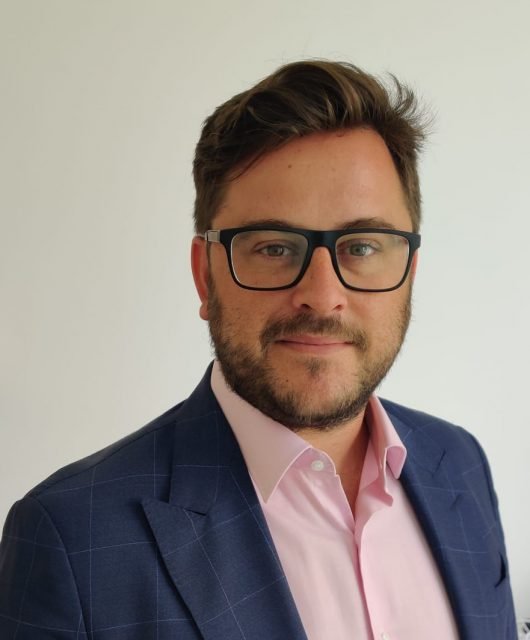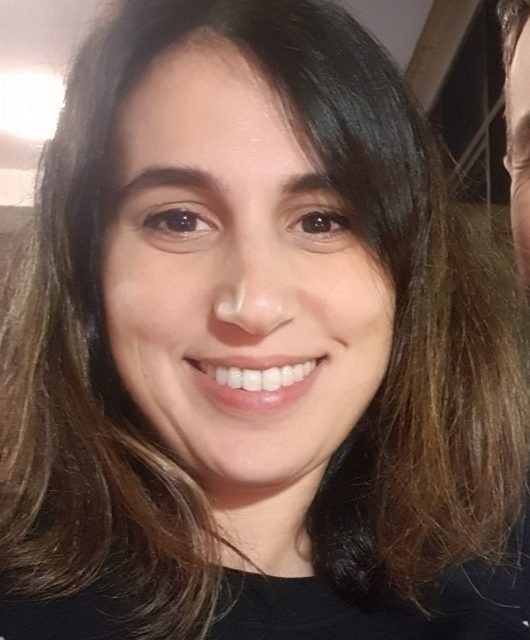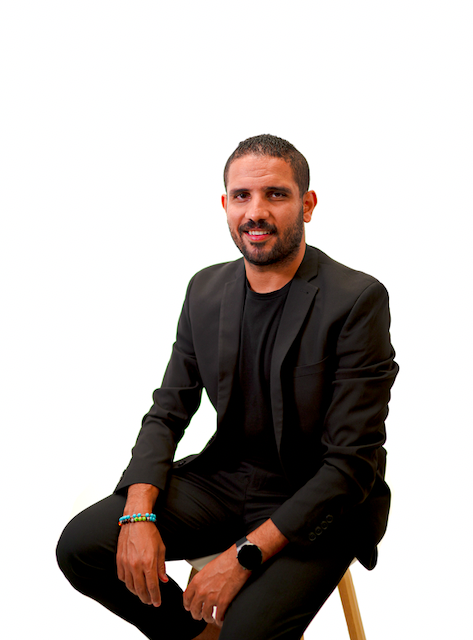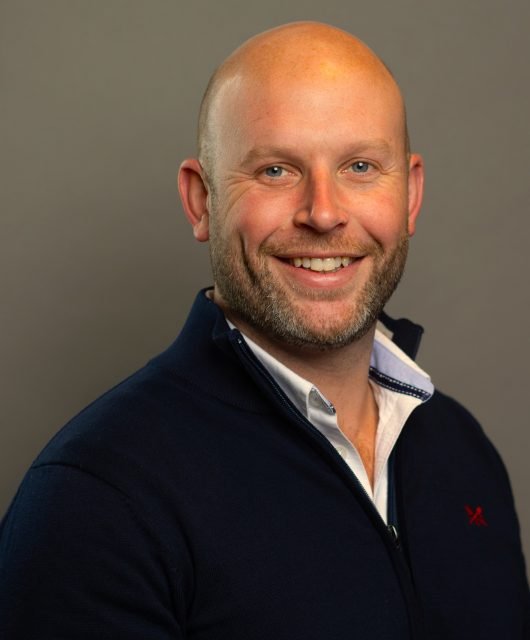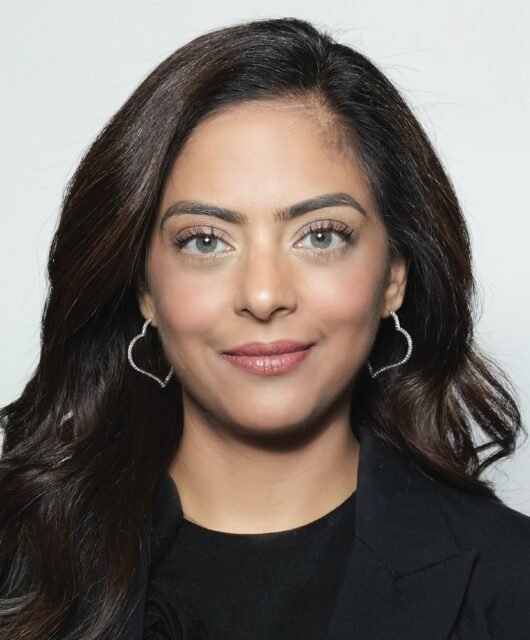Is Creativity Innate Or Acquired?, By MRM MENA’s Isabelle Abou Samra
A small fact about me: I don’t consider myself a creative person by nature, and for someone who’s working in social media, you’re expected to be at your utmost creativity which is challenging sometimes. So how did I make it work all this time?
There are a lot of techniques and studies that can give you pointers on how to be “more creative”, but I’m not here to list these techniques to you, Google is good for that.
I’m just going to share with you what I think helped me “acquire” creativity, and I’m only sharing the top 3 things because 5 is too many and 4 is an even number, which is considered bad luck according to my mother (and Feng Shui apparently…)
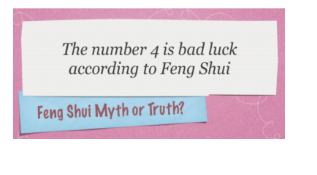
- Spending time around creative people
I grew up with a brother who’s very creative, an artist at heart. The complete opposite of me (or at least young me), who is “less artistic”. A slight idea of how our dynamic was: in my opinion, there’s only two types of people who play The Sims (sweet old days, right?): 1) the one who enjoys building houses, gardens, and decorating the interior of the houses, and 2) the one who only plays to kill the characters. I’m sure you can guess which one I was in this scenario.
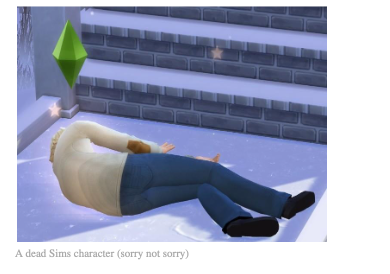
So spending time with my brother pushed me to look for visual details and appreciate designs, shapes, and colors.
And don’t worry, I got even better when I joined the scouts family. Scouts years helped me a lot in building not only my character, but also, strong problem-solving skills. Which leads me to point 2:
- Using creativity as a problem-solving technique
When you work in media & creative agencies, you learn a lot of shortcuts to more creative solutions because the industry is so fast-paced, and if you’re not quick enough or unique in your approach, you fail.
It all made sense to me when I learned that my creativity thrived when we were presented with a problem to solve for a client’s business or a brand’s consumers. And that’s how I approach any brief or planning session now; I look for the problem, clearly define it, and then I proceed by brainstorming solutions that have never been done before.
Here’s a quick example for context:
Problem: How can we give car buyers a chance to check a car’s features and color options without having to physically go to a showroom?
Creative Solution: Create an AR lens that lets users visualize the car in 3D and virtually try the features and the colors on the car.
- Having a team dynamic that supports ideas, however stupid they are
The environment you work in is very important for a lot of reasons, your creativity included. You will never feel comfortable sharing your ideas in a brainstorming session if you thought the team will dismiss them or make fun of your suggestions.
According to a personality test, I’m a consul (ESFJ-A) and consuls are mostly: 1) reluctant to innovate and go out of their comfort zone, and 2) vulnerable to criticism, therefore, sharing out of the box ideas is a hard thing to do for them, especially if the environment doesn’t encourage it.
Consul Weaknesses
- Reluctant to Innovate or Improvise – Just as they can be critical of others’ “unusual” behavior, Consuls may also be unwilling to step out of their own comfort zones, usually for fear of being (or just appearing) different
- Vulnerable to Criticism – It can be especially challenging to change these tendencies because Consuls are so conflict-averse. Consul personalities can become very defensive and hurt if someone, especially a person close to them, criticizes their habits, beliefs or traditions.
Lucky me, I have been part of amazing teams throughout my career and I have never felt dismissed or unheard in brainstorming or planning sessions, which encouraged my creativity-exploration; bouncing off ideas with coworkers, building on the smallest and the “stupidest” ideas without hesitations, thinking small and big. I mean, just a few months ago a song about CORN went viral, just by remixing an interview with a small kid who loves corn. We can all think small and go viral.
I still have a long way to becoming my best self, both professionally and personally, but I intend to get there faster.
What about you? Do you think you have innate or acquired creativity?

